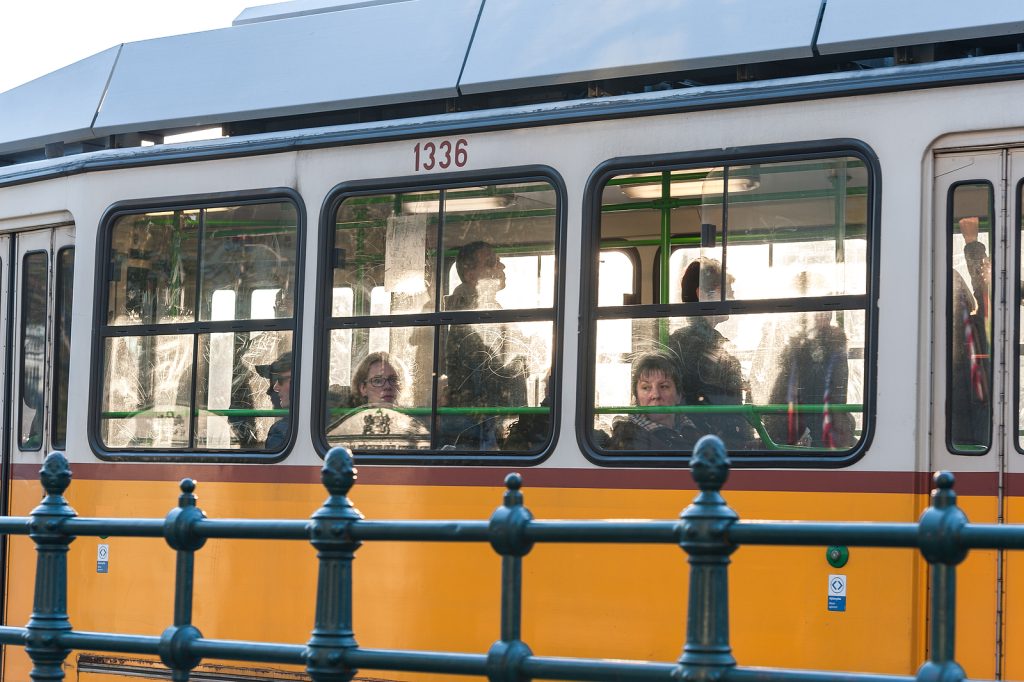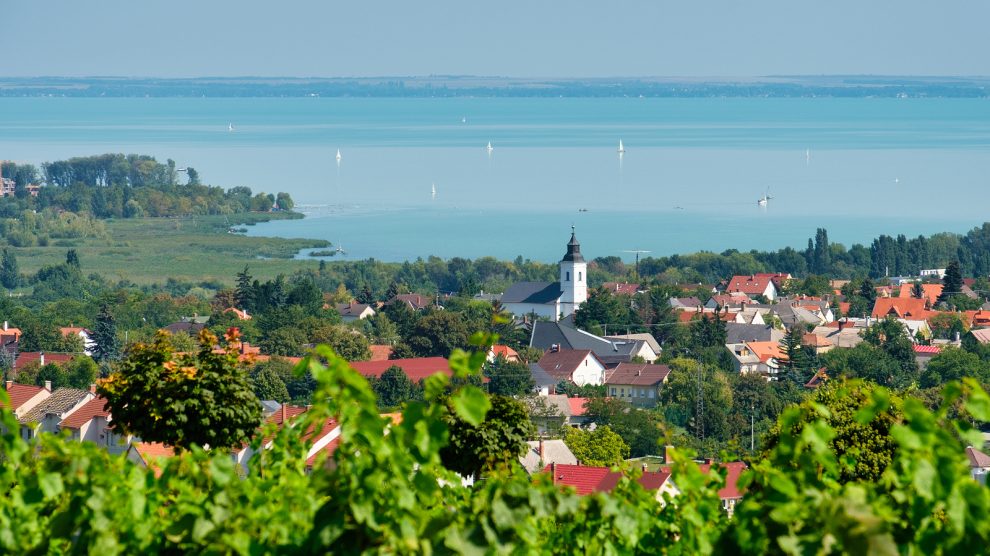Hungary often escapes the radar of the casual reader. Yet, for those who venture even gently into its literary offerings, the country offers (or has inspired) a wealth of essential reading that reflects its often central role in European history, and culture.
Here are five more books—the latest in our Five Essential Reads series—that provide a deep dive into the heart of Hungary, each from a distinct perspective, ensuring a better understanding of this Central European gem.
Together, these five books offer a panoramic view of Hungary. From the grand sweep of its history and the intimate corners of Budapest to the intricate human stories that define its literature, these works provide a comprehensive look at a nation that is as complex as it is captivating.
Whether you’re a history buff, a literary enthusiast, or simply curious about Central Europe, these reads promise to enrich your understanding of Hungary—however well you might think you already know it.
The Will to Survive: A History of Hungary, by Bryan Cartledge
Bryan Cartledge’s The Will to Survive is an essential read for anyone looking to grasp Hungary’s turbulent history. Cartledge, a former British diplomat with a scholarly grasp of Hungarian affairs, traces the nation’s narrative from the medieval Magyars to modern-day politics. His work is a masterclass in historical storytelling, weaving through centuries of invasions, occupations, and uprisings with clarity and precision. This book is not just about dates and events; it’s a compelling chronicle of a people’s resilience, capturing the indomitable spirit that has defined Hungary through its many trials.
Budapest: A History of Grandeur and Catastrophe, by Joe Hajdu
For a deep dive into Hungary’s beating heart, Joe Hajdu’s Budapest: A History of Grandeur and Catastrophe is indispensable. Hajdu, a native historian, brings Budapest to life, narrating its evolution from a Roman outpost to a vibrant metropolis. The book explores the city’s architectural splendor, cultural milestones, and the significant historical events that have shaped it. Hajdu’s engaging style and meticulous research offer a vivid portrait of Budapest, making it almost tangible to the reader. Whether you’re planning a visit or just armchair traveling, this book provides an immersive experience of one of Europe’s most beautiful cities.
The Door, by Magda Szabó
Transitioning from history to literature, The Door offers an intimate glimpse into Hungarian life through the lens of fiction. Szabó, one of Hungary’s most revered authors, crafts a story of profound psychological depth. Set in post-World War II Hungary, the novel explores the complex relationship between a writer and her enigmatic housekeeper, Emerence. Through this personal narrative, Szabó delves into themes of trust, betrayal, and the haunting impacts of Hungary’s historical upheavals on its people. The Door is a masterwork of character study and emotional resonance, shedding light on the subtleties of human connections within the Hungarian context.

Prague Spring: A Novel, by Simon Mawer
Though its title suggests a focus on the Czech capital, Simon Mawer’s Prague Spring is a gripping narrative that spans the turbulent events of 1968, affecting the whole of Central Europe, including Hungary. Mawer, known for his rich, evocative storytelling, intertwines the lives of British students and a Czech dissident caught in the political whirlwind. The novel deftly captures the tension and hope of the era, providing insight into Hungary’s own political struggles during the Prague Spring. Mawer’s skill in blending historical events with personal stories makes this a compelling read that illuminates Hungary’s role in a broader regional context.
In Praise of Older Women: The Amorous Recollections of András Vajda, by Stephen Vizinczey
Stephen Vizinczey’s In Praise of Older Women offers a lighter, though no less insightful, perspective on Hungarian culture. This semi-autobiographical novel follows the amorous adventures of András Vajda, a young man growing up in 1950s Hungary. Vizinczey’s witty, reflective prose explores themes of love, desire, and maturation against the backdrop of a changing Hungarian society. The book’s frank and humorous examination of human relationships provides a refreshing counterpoint to more somber historical and cultural texts, making it a delightful yet poignant read.
Unlike many news and information platforms, Emerging Europe is free to read, and always will be. There is no paywall here. We are independent, not affiliated with nor representing any political party or business organisation. We want the very best for emerging Europe, nothing more, nothing less. Your support will help us continue to spread the word about this amazing region.
You can contribute here. Thank you.


